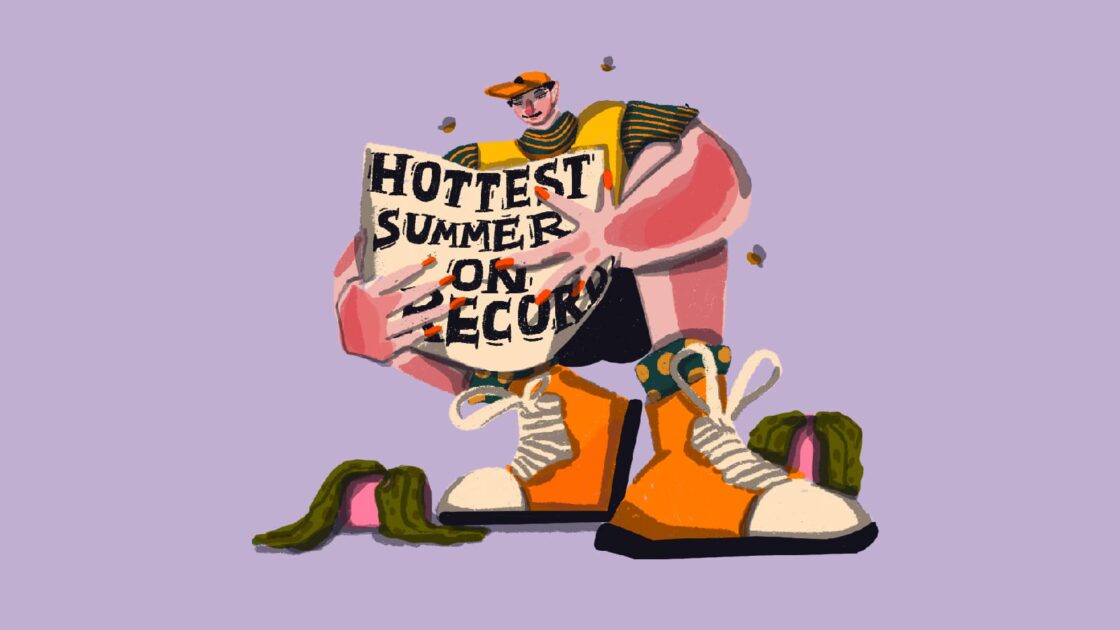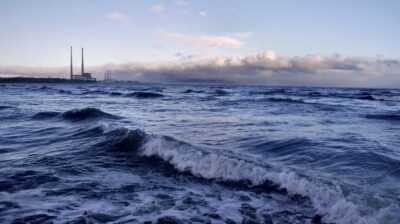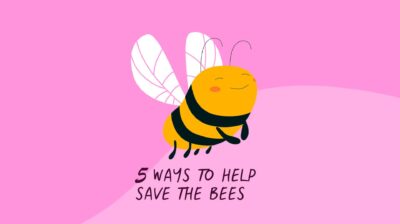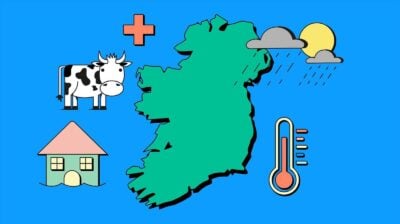How I cope with eco-anxiety
Amy reflects on anxieties that many young people feel and how feeling empowered has helped them to cope.

As someone who really cares about other people and inequality, I have found that gaining insights into my thinking patterns and how I experience eco-anxiety has been really important.
I hope I can help other people understand some of the feelings they experience around the climate crisis and also, help them to cope with them.
I learned about climate change in my primary school’s, Green School program. At the time, I thought it was something that was really sad because it was hurting fish and polar bears, but that I could help solve the problem by turning off the light and tap.
Those things are true, but I did not understand the systems of inequality that caused this crisis. I did not understand this issue as a crisis, but I’ve learned through talking to so many people that this is immediate and it is affecting people. Those most impacted by the climate crisis have contributed the least to causing it, and they are being impacted already!
So I think my initial feelings about climate change were that it was sad. I was sad that species were going extinct, but then I found that sadness turned into something more like anger because I learned that this crisis isn’t just one big accident. Certain people have held and hoarded power whilst making decisions that have exploited others, particularly MAPA (Most Affected People and Areas).
I was angry that basic rights, safety, water, food, shelter, a home, were at risk for an unimaginable number of people. I was angry that not everyone seemed to care. I was angry that the solutions we needed weren’t being implemented.
Turning anger into action
I had to turn that anger and sadness into something more useful: action. I became involved in Fridays for Future organising strikes for climate justice. I started hosting a podcast called ‘the Sustainable Sleepover Club’ where we interview guests, discuss interlinked topics about the Sustainable Development Goals. We also have fun because so often, learning about social justice is complex and we wanted our conversations to feel like a late night sleepover chat.
I was selected as a Climate Ambassador, I’m on the Youth Advisory Panel for the Ombudsman for Children’s Office and I could work on issues I care about in my local, Cork County Comhairle na nOg. I also started learning from and writing with spunout, whose accessible, informative and reliable content answered so many of my questions!
Find your power
Looking back, I felt most angry, sad, apathetic and powerless when I wasn’t taking action towards climate justice. I know that it’s so easy to fall into feeling hopeless and like we’ve already lost but my reminder to you and to myself, is that you are a part of something so much bigger; a collective of people fighting for change, and that is your power.
Not only am I a speck in the current climate justice movement; I am also a continuum of every past movement that fought for equity, and I am so very far from alone. To me, we have no choice but to try and turn this crisis around because I can’t truly envision how horrific the alternative is.
Educating yourself is a hugely important tool and I know that I am in a constant state of learning. But for me, learning about the climate crisis and not doing anything about it meant that I felt powerless. I felt overwhelmed with anger and sadness. Whereas, taking action meant I felt hopeful because the reason I was even doing this thing was because of that glimmer of hope.
Using empathy and compassion
I realise that the anger and sadness I mentioned earlier, came from a place of love. I loved my family and friends and wanted them to be protected. I loved humanity and nature and didn’t want either to be harmed and I love the life I get to lead.
I loved so fiercely that for all of these things to be threatened, my emotions manifested in anger. Yet, even though that rage is useful and important, it’s core is the most vital, and that’s empathy and compassion.
That will ripple through all your actions and conversations, so it’s important for me at least, to understand it.
As Rebecca Solnit said, “every minute of every hour of every day you are making the world, just as you are making yourself, and you might as well do it with generosity and kindness and style.”
You also meet wonderful people through organising and these different spaces who remind you how many beautiful beings are relying on but also fighting for this planet, that just feels magical.
Illustration by Nichola Irvine.
Feeling overwhelmed and want to talk to someone?
- Get anonymous support 24/7 with our text message support service
- Connect with a trained volunteer who will listen to you, and help you to move forward feeling better
- Whatsapp us now or free-text SPUNOUT to 50808 to begin.
- Find out more about our text message support service
If you are a customer of the 48 or An Post network or cannot get through using the ‘50808’ short code please text HELLO to 086 1800 280 (standard message rates may apply). Some smaller networks do not support short codes like ‘50808’.






